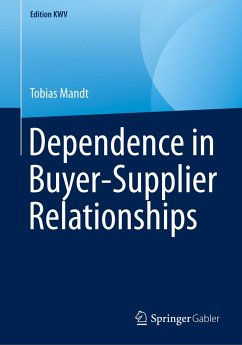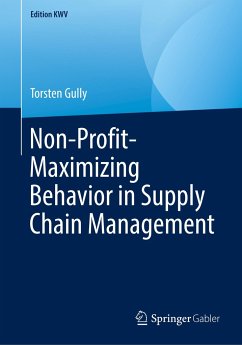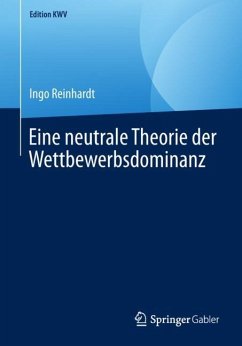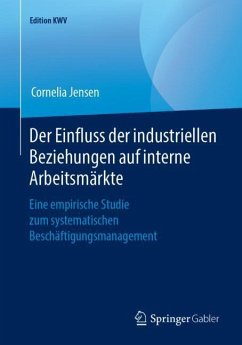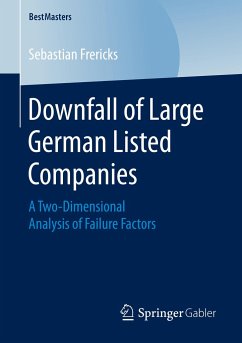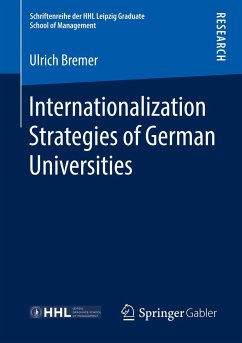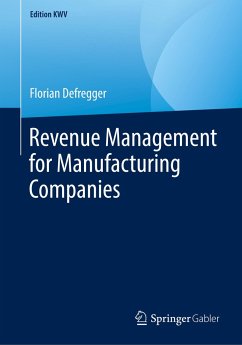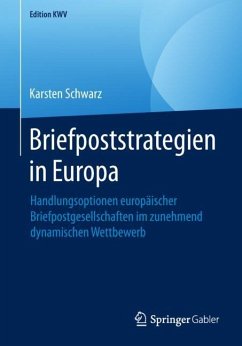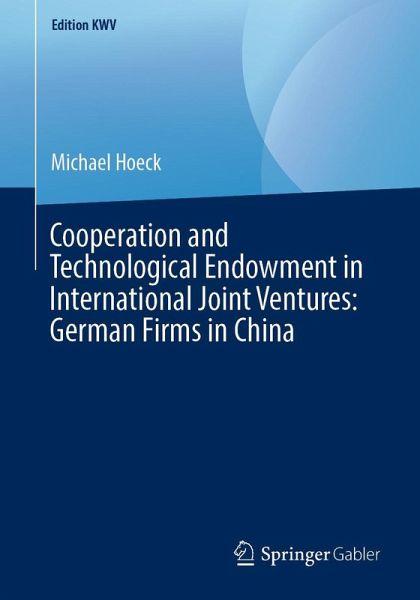
Cooperation and Technological Endowment in International Joint Ventures: German Firms in China

PAYBACK Punkte
19 °P sammeln!
A frequent choice for market entry to China is the international joint venture (IJV) with a Chinese partner. This is regarded as an adequate market entry if complex technological knowledge is to be transferred to the new location. However, IJVs also represent an easy way for local partners to absorb technological knowledge without authorization.Michael Hoeck investigates the character and the degree of technology transfer into IJVs, using the example of German industrial firms in China. The two central questions that are investigated are "What factors influence the sophistication of the techno...
A frequent choice for market entry to China is the international joint venture (IJV) with a Chinese partner. This is regarded as an adequate market entry if complex technological knowledge is to be transferred to the new location. However, IJVs also represent an easy way for local partners to absorb technological knowledge without authorization.
Michael Hoeck investigates the character and the degree of technology transfer into IJVs, using the example of German industrial firms in China. The two central questions that are investigated are "What factors influence the sophistication of the technological endowment that an IJV in China receives from its German parents?" and "In what way do strategic considerations regarding inter-firm cooperation and knowledge sharing influence the foreign investor's technology transfer behaviour?".
The study results - derived from theoretical and empirical analysis - presents novel insights to both researchers and practitioners.
Michael Hoeck investigates the character and the degree of technology transfer into IJVs, using the example of German industrial firms in China. The two central questions that are investigated are "What factors influence the sophistication of the technological endowment that an IJV in China receives from its German parents?" and "In what way do strategic considerations regarding inter-firm cooperation and knowledge sharing influence the foreign investor's technology transfer behaviour?".
The study results - derived from theoretical and empirical analysis - presents novel insights to both researchers and practitioners.





